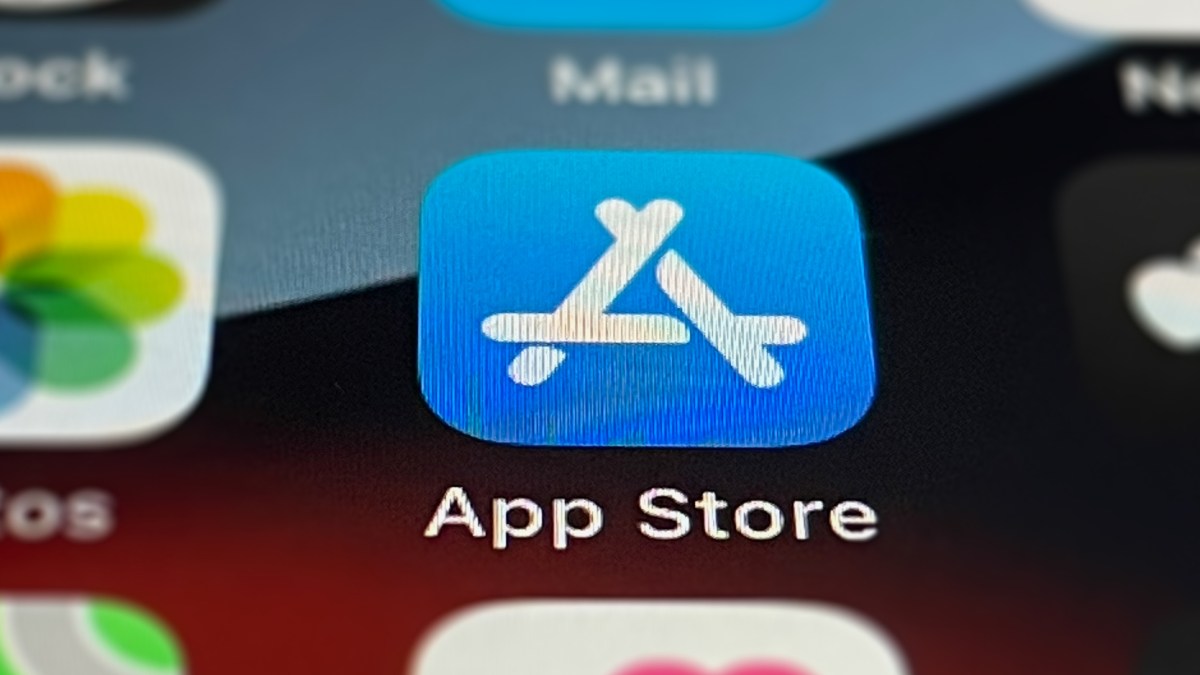Apple Reminds Developers: Be Careful What You Wish For

While Apple has been doing such fraud updates in the past few years around this time, this year the update clearly has some extra usefulness...
Plenty of snark still below, as I do worry this is how Apple is going to justify keeping up the App Store walls, versus competing with features like this, as they should...
Apple on Tuesday announced new figures related to its App Store’s ability to protect app developers and consumers from fraud. The company said it has prevented more than $9 billion in fraudulent transactions over the past five years. In 2024, Apple stopped $2 billion in fraudulent transactions and blocked nearly 2 million risky app submissions from being published.
The release of these metrics, in the days before Apple’s annual Worldwide Developers Conference (WWDC 2025), isn’t just meant to highlight the benefits of selling software on the App Store. It also serves as a stark reminder of what developers will face if they try to go it alone on mobile payments.
To be clear, there's no reason to doubt that these numbers are legit – and they're legitimately impressive in terms of what Apple is doing to protect their developers (and end users) from fraud. And, as Apple would undoubtedly be happy for us to deduce, it also seemingly showcases that fraud risk is increasing as time goes on.
Still, one extra reason to tout such numbers right now would seemingly be an effort to push back against the tide that has been swelling for Apple to bring down the App Store walls. And while, as Perez notes, WWDC is now less than two weeks away, seemingly a more direct reason for sharing these right now might be the fact that the European Commission just published their findings as to why Apple is in violation of their DMA rules, and as such, face fines.
And, in fact, if Apple doesn't bring the App Store rules in the EU in line with the DMA rules, they will face “periodic penalty payments” after the initial €500 million fine. This is exactly how I suspected this was being teed up when the news of the first fine came a month ago:
In other words, while the $570M fine is tiny relative to what it could be (and relatively small for Apple overall), the EC could be in the process of fining Apple $500M+ a number of times for different violations. And unless they comply within the (comical) 60 day window, they might be doing so in perpetuity – with escalating fines. This compounding would constitute an actual pounding to Apple's bottom line. And why they need the Trump administration to step in.
And while it certainly seemed like the White House was going to intervene here, that was before President Trump started to sour on Tim Cook around the whole "Made in America" iPhone pipe dream – and perhaps specifically because Cook turned down a traveling tech CEO trophy case showcase earlier this month. Now, oddly, Apple may have to hope that the administration steps in to protect the other American tech companies potentially getting fined here, such as Meta. (And I imagine the general stance, regardless of Trump's feelings of the moment about Cook, remains that "if anyone is going to punish Apple, it's us, not you, EU".)
Anyway, back to Apple's heavy-handed reminder of the protections they provide to developers. I'm totally fine if Apple wants to point such numbers out as a way to upsell their own services, such as the App Store itself, and their payments infrastructure. But I'm worried this is more about the continued justification for why they need to keep the App Store locked down. Both in the EU and in the US, where the same mechanisms are not only under assault, but have been stripped away from Apple, at least temporarily.
Apple is losing this battle on so many fronts right now. The US. The EU. With developers. In fact, their last stronghold may be with actual consumers, but only in that they tend to not care about such behind-the-scenes bickering as long as the apps they know and love are there. But that could be the real issue here if Apple were to, say, win their appeal in the US and in turn put back up the walls around payments. That, in turn, would certainly cause Epic to pull Fortnite from the App Store once again, but the real question is if it would actually cause services like Spotify and Audible to follow suit this time...
Anyway, hopefully Apple is in the process of reading the room and figuring out a way to actually compete in this world – and the above fraud numbers make a very compelling case, I might add! – rather than continuing to rule over the App Store like a mob boss. Such big bads often tend to note all the protection they're providing too. And how it would be a shame if that situation changed...

